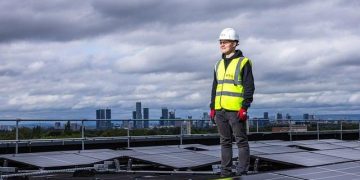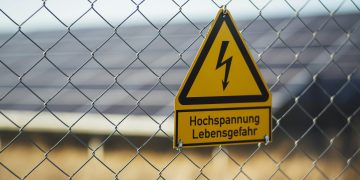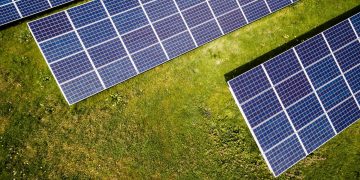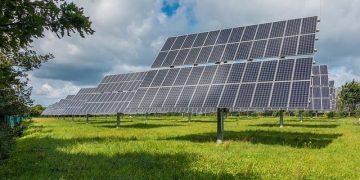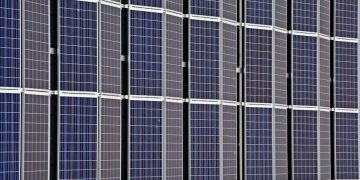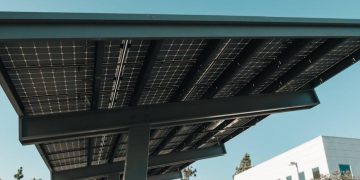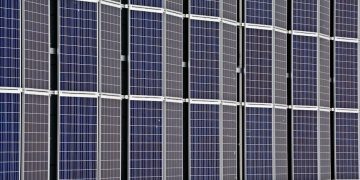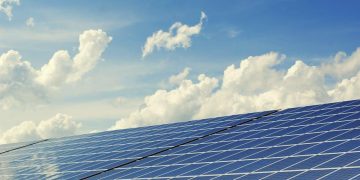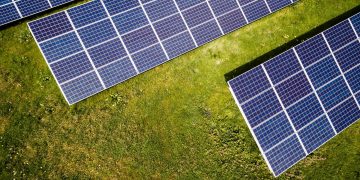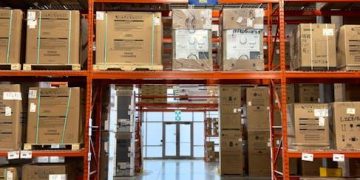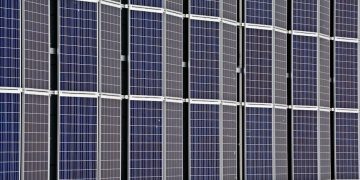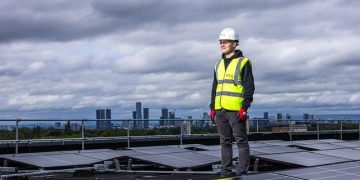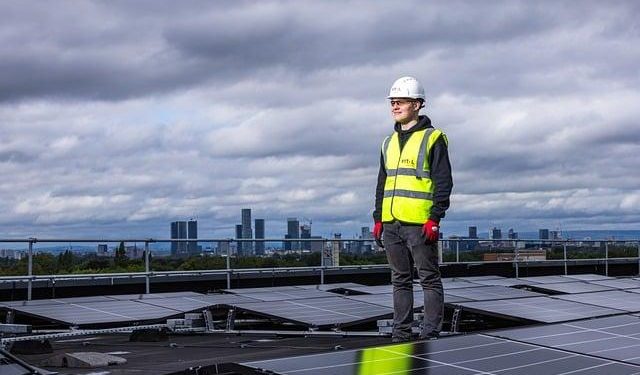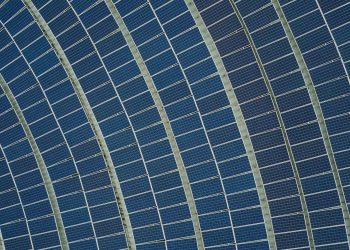In a world where technology and sustainability increasingly intertwine, the concept of smart homes powered by solar energy is transforming from a futuristic vision into a present-day reality. As the sun rises each morning, it does more than illuminate our world—it offers an inexhaustible source of clean energy waiting to be harnessed. The future of solar energy in smart homes is not merely about capturing sunlight but integrating it seamlessly into the fabric of our daily lives. This evolution promises to redefine our relationship with energy, offering a glimpse into a future where homes are not just shelters, but intelligent ecosystems that harmonize efficiency, convenience, and environmental stewardship. As we explore this intersection of innovation and ecology, we uncover how solar technology is poised to revolutionize the very essence of domestic living, paving the way for a more sustainable tomorrow.
Harnessing Sunlight for Smarter Living
As we step into a future increasingly defined by technology and sustainability, solar energy stands out as a pivotal element in transforming our living spaces. In smart homes, solar panels not only power devices but also integrate with home automation systems to optimize energy consumption. Smart thermostats, for instance, can sync with solar systems to adjust heating and cooling based on the availability of sunlight, ensuring energy efficiency without sacrificing comfort.
The potential applications are vast and exciting. Consider the following possibilities:
- Automated Blinds: These can open or close based on the sun’s position, maximizing natural light and reducing energy use.
- Energy Storage Systems: Intelligent batteries store excess solar power for use during peak times, reducing reliance on the grid.
- Connected Appliances: Smart fridges, washers, and dryers can operate during peak solar generation, minimizing energy costs.
- Electric Vehicle Charging: Solar energy can power EVs, integrating transportation into the smart home ecosystem.
By seamlessly integrating solar technology with smart home systems, we are not only reducing our carbon footprint but also paving the way for a more sustainable and connected future. The synergy between solar power and smart technology offers a glimpse into a world where our homes are not just passive structures, but active participants in energy conservation and management.
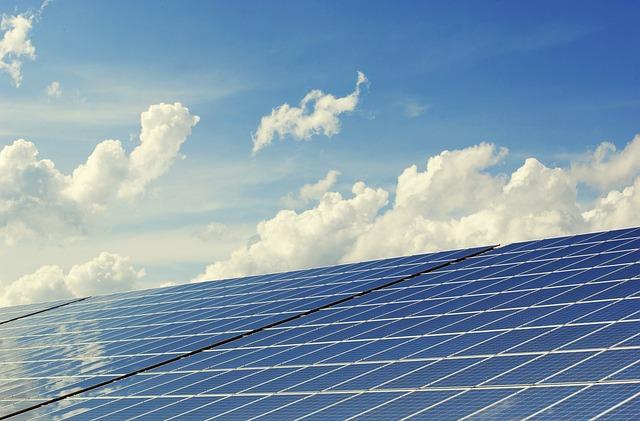
Innovative Technologies Shaping Solar Integration
The fusion of cutting-edge technologies with solar energy is transforming how smart homes harness and utilize power. Energy management systems are evolving, integrating AI-driven algorithms that optimize energy consumption by predicting and adapting to the household’s patterns. This intelligent energy management not only enhances efficiency but also reduces wastage, allowing homeowners to maximize the use of their solar panels.
- Smart Inverters: These devices are crucial in converting DC to AC, and with advancements, they now offer real-time monitoring and grid interaction capabilities.
- Energy Storage Solutions: Modern batteries are becoming more efficient, with longer lifespans and faster charging times, ensuring that solar energy is available even when the sun isn’t shining.
- Blockchain Technology: By decentralizing energy transactions, blockchain allows for peer-to-peer energy sharing, making solar energy more accessible and community-driven.
As these technologies continue to evolve, they promise to make solar integration not just a viable option, but a cornerstone of energy strategy in smart homes, driving us closer to a sustainable future.

Optimizing Energy Efficiency with Intelligent Systems
Incorporating intelligent systems into solar-powered smart homes revolutionizes how we manage and consume energy. These systems utilize advanced algorithms and real-time data to optimize energy usage, ensuring that every ray of sunlight is harnessed to its fullest potential. By integrating AI-driven technology, smart homes can dynamically adjust energy consumption based on factors like weather patterns, peak usage times, and individual household habits. This not only maximizes efficiency but also contributes to significant cost savings and a reduced carbon footprint.
- Real-time Monitoring: Track energy production and consumption with precision, allowing homeowners to make informed decisions.
- Automated Adjustments: Systems can autonomously modify settings to optimize energy use, such as adjusting thermostat levels or dimming lights.
- Predictive Maintenance: Anticipate system failures or inefficiencies before they occur, minimizing downtime and repair costs.
- Integration with Smart Grids: Seamlessly interact with broader energy networks to take advantage of dynamic pricing and demand response programs.
As these technologies continue to evolve, the potential for energy savings and sustainability in smart homes becomes even more pronounced. Embracing intelligent systems in solar energy applications is not just a step towards modern living but a significant leap towards a sustainable future.
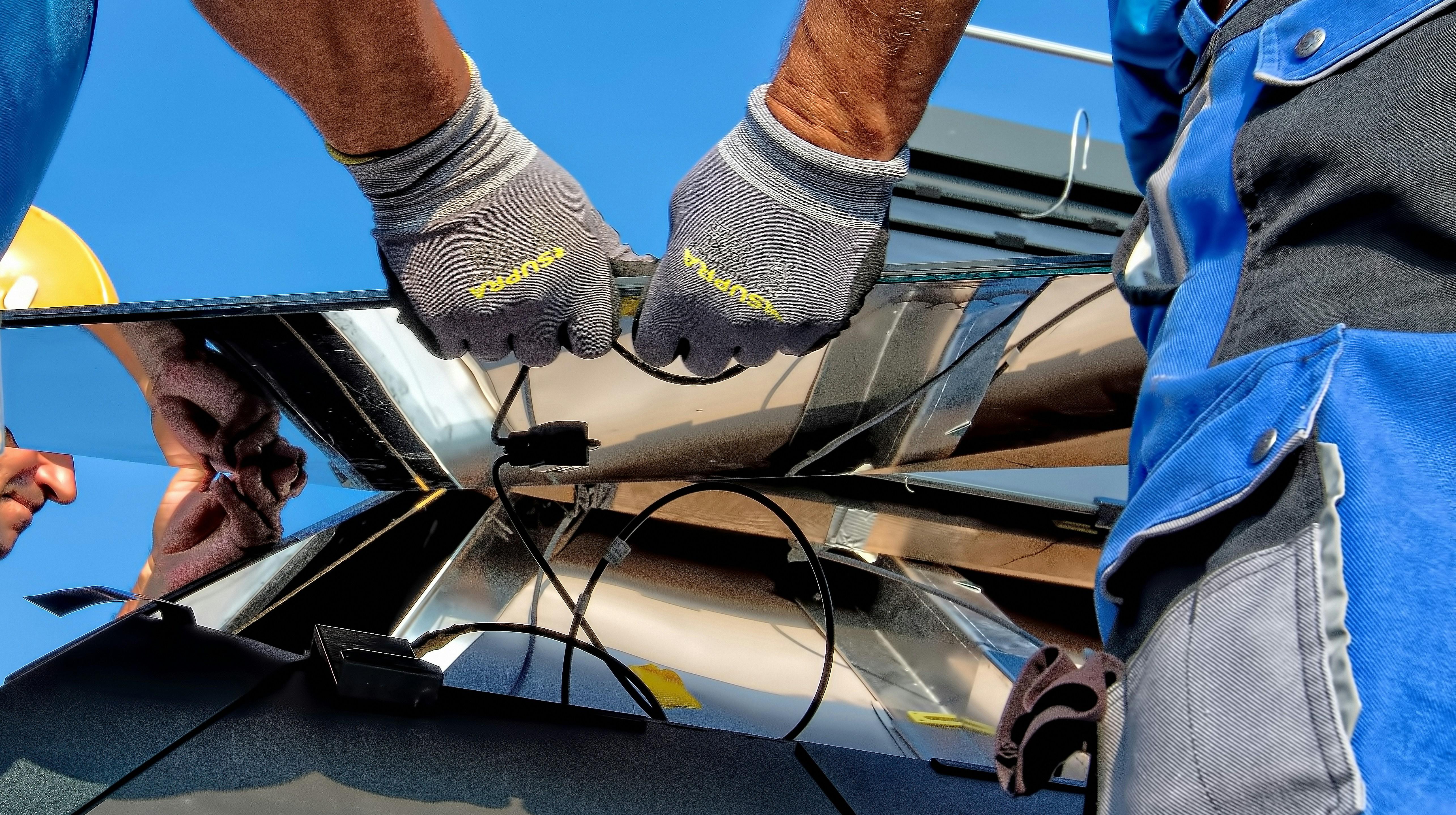
Strategic Investments for a Sustainable Solar Future
Incorporating strategic investments in solar technology is paramount for advancing the integration of renewable energy within smart homes. Innovative financing models are emerging, making it easier for homeowners to adopt solar solutions without significant upfront costs. By leveraging power purchase agreements (PPAs) and solar leasing, individuals can access cutting-edge solar panels and storage systems with manageable financial commitments. This democratization of solar technology not only promotes widespread adoption but also accelerates the shift towards a more sustainable energy grid.
Government incentives and tax credits continue to play a pivotal role in encouraging solar investments. These policies are designed to reduce the initial investment barrier and provide a robust framework for long-term financial returns. Meanwhile, partnerships with technology companies are driving innovation in smart home systems, enabling seamless integration with solar setups. This collaboration is crucial for developing intelligent energy management systems that optimize energy consumption and enhance efficiency. As we look towards a sustainable future, these strategic investments are essential in transforming solar energy from an alternative to a mainstream power source in our daily lives.
In Conclusion
As we stand on the brink of a new era in energy consumption, the integration of solar power into smart homes emerges not just as a trend, but as a beacon of sustainable living. The synergy between solar technology and smart home systems promises a future where energy efficiency, environmental consciousness, and cost-effectiveness harmoniously coexist. While challenges remain, innovation continues to illuminate the path forward, inspiring both homeowners and industries to rethink the possibilities of our living spaces. As the sun rises each day, so too does the potential for solar energy to redefine our homes and reshape our world. In this ever-evolving landscape, the future is bright, and the possibilities, endless.

